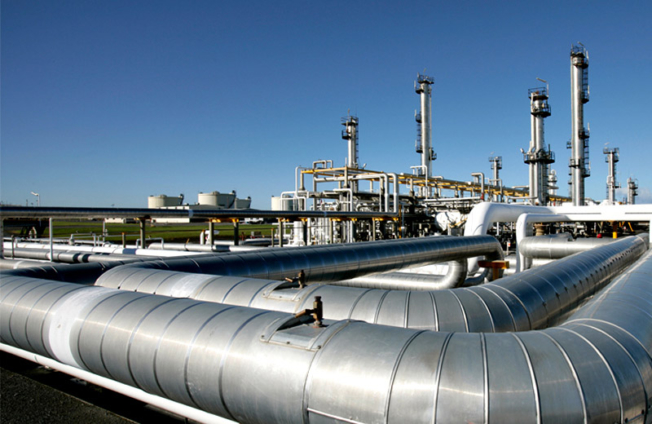Even as Ghana gears up for the Africa Continental Free Trade Agreement Area (AfCFTA) in 2021, existing weaknesses in the country’s export sector pose a threat to competition, home and abroad.
A strategy document on the National Export Development Strategy (NEDS) cites; “infrastructural deficit in electricity, water, road and rail networks; insufficient incentives for export, difficulty in the access to credit and high cost of borrowing,” among others as areas needing urgent intervention.
The Continental Free Trade Agreement Area - with a trade potential of $3 billion - has pressured African economies to milk out the best goods distinction and trade incentive to be highly competitive and profitable.
“The potential dynamic benefits of the AfCFTA are particularly important. Larger integrated markets may well be more attractive to investors and along with new investment could come new technologies and learning that could boost productive capacity”. - Executive Director, Trade Law Center and member of the committee for development policy, remarked in an op-ed to the World Bank.
The 10-year NEDS programme has, in ink and print, spelled out interventions to deal with these shortfalls.
In a 12-point intervention strategy, NEDS included connecting leading local companies to global value chains of giant multinationals and the World Food Programme to provide ready market and technical support to local companies. Highlights include;
- Application of fiscal incentives and measures to reduce production costs, enhance competitiveness, reduce risk and cost of doing business.
- Provision of effective marketing support to export-oriented companies and industries under the One-District-One-Factory programme.
Over the past thirty years, Ghana has enhanced its status in international trade. The country has recorded substantial expansion in total exports (traditional and non-traditional) and imports.
However, the recent weak performance of the Non-Traditional Exports (NTEs) sector and other adverse developments in the external sector have revealed the risks and weaknesses and uncertainties associated with over dependence on a limited range of raw export commodities.
Latest Stories
-
Trump picks Pam Bondi as attorney general after Matt Gaetz withdraws
17 mins -
Providing quality seeds to farmers is first step towards achieving food security in Ghana
27 mins -
‘Restoring forests or ravaging Ghana’s green heritage?’ – Coalition questions Akufo-Addo’s COP 29 claims
2 hours -
Give direct access to Global Health Fund – Civil Society calls allocations
3 hours -
Trudeau plays Santa with seasonal tax break
4 hours -
Prince Harry jokes in tattoo sketch for Invictus
4 hours -
Akufo-Addo commissions 200MW plant to boost economic growth
4 hours -
Smallholder farmers to make use of Ghana Commodity Exchange
4 hours -
I want to focus more on my education – Chidimma Adetshina quits pageantry
5 hours -
Priest replaced after Sabrina Carpenter shoots music video in his church
5 hours -
Duct-taped banana artwork sells for $6.2m in NYC
5 hours -
Arrest warrants issued for Netanyahu, Gallant and Hamas commander over alleged war crimes
5 hours -
Actors Jonathan Majors and Meagan Good are engaged
5 hours -
Expired rice saga: A ‘best before date’ can be extended – Food and Agriculture Engineer
5 hours -
Why I rejected Range Rover gift from a man – Tiwa Savage
5 hours

